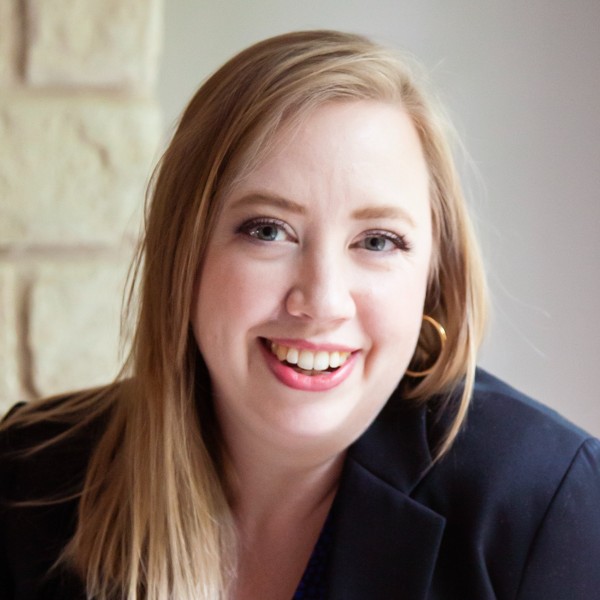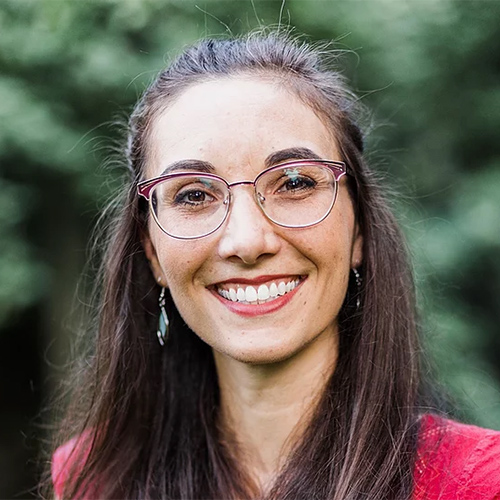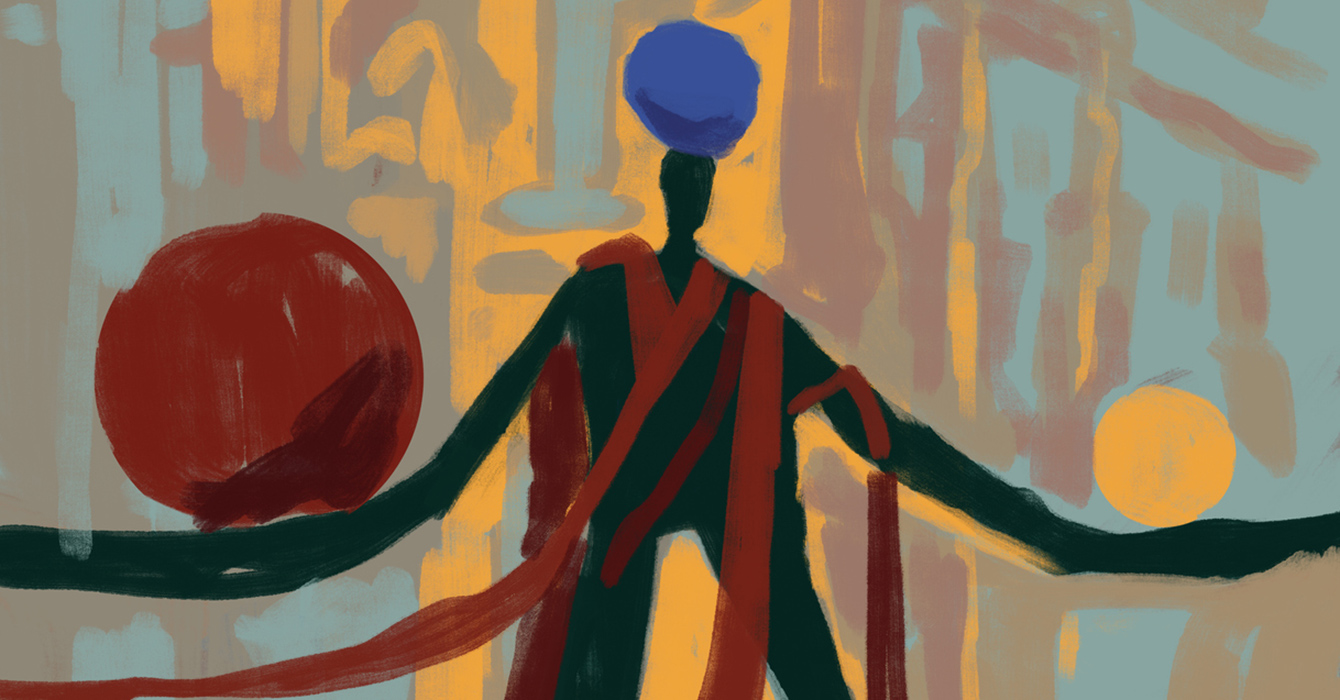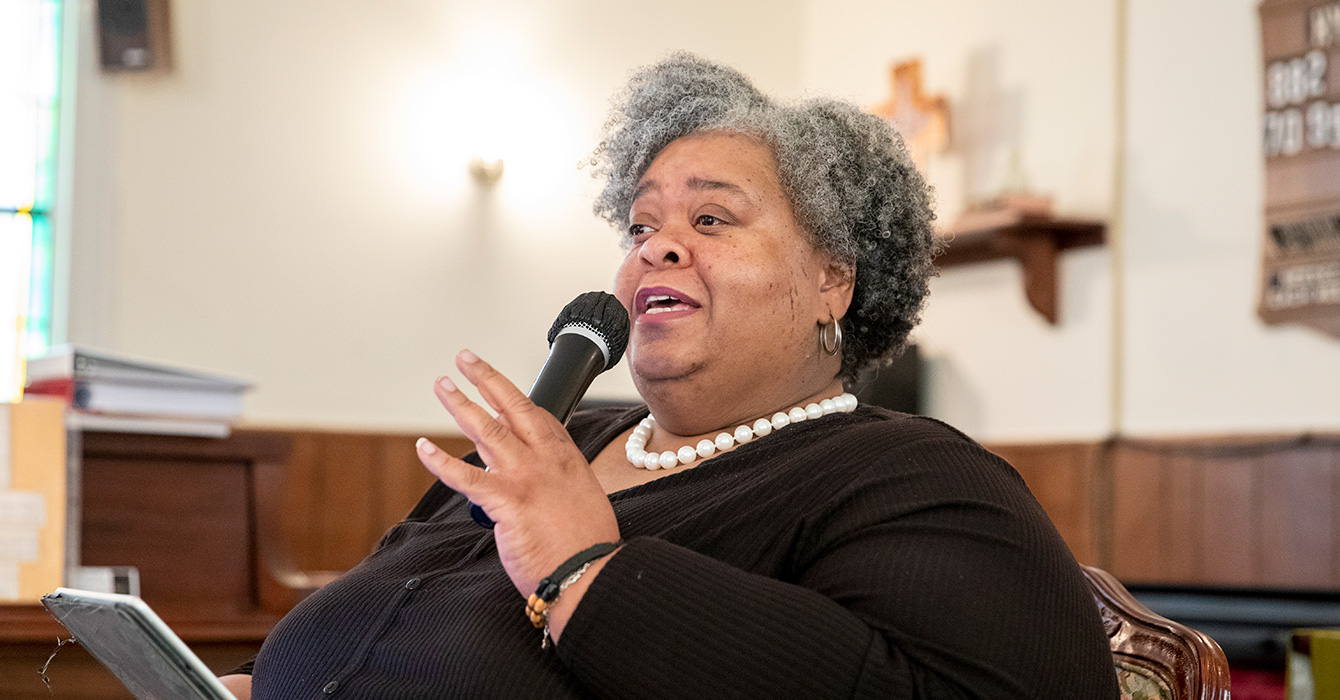Novelist Lynne Hinton grew up in the church, in a family of pastors, and is ordained in the United Church of Christ. She has spent much of her adult life pursuing two vocations: pastor and fiction writer.
The two paths intertwine and overlap in many ways.
 She draws directly on her experience as a pastor in many of her books -- for example, five novels involve a group of women at the fictional Hope Springs Community Church who work together to create church cookbooks. Two more feature a Catholic priest as a major character.
She draws directly on her experience as a pastor in many of her books -- for example, five novels involve a group of women at the fictional Hope Springs Community Church who work together to create church cookbooks. Two more feature a Catholic priest as a major character.
Blending the two passions, both personally and in her work, is part of the balance of Hinton’s life.
“Both of those professions, writer and professional minister, are very sacred and holy positions,” she said.
Growing up as a “preacher’s kid” in Fayetteville, N.C., Hinton was the youngest of three children. She attended Wake Forest University and the University of North Carolina at Greensboro, and later received a master of divinity degree from Pacific School of Religion in Berkeley, Calif.
She served as pastor of congregations in Guilford and Randolph counties in North Carolina, including one that was predominately African-American. Her first novel, “Friendship Cake,” was published in 2000. She now lives in New Mexico, the setting for some of her latest novels.
Hinton spoke with Faith & Leadership recently about how she came to combine her faith life and her calling as a storyteller. The following is an edited transcript.
Q: What is the story of your life as a pastor?
My father is a Southern Baptist preacher, and both of my siblings are Baptist ministers. So I came by it naturally. If I wanted to find my father, I’d have to go to the church to find him, so it just became a second home for me.
When I started college, I had not met a woman minister. Yet I felt a call to the ministry. So I thought my choices were to be a Christian education director or a missionary. Those were the only two roles I had seen women in.
I decided to be a missionary doctor. I went to Wake Forest University and took freshman first-semester chemistry and realized that was not going to happen. So it was kind of a struggle. By the time I finished college, I had met women in other roles in ministry and decided being a chaplain in a hospital setting was a good fit for me.
I was at Southeastern Seminary the year of the conservative takeover and was deeply impacted by that. So I went as far away as I could from North Carolina and from my Baptist tradition and landed in Berkeley, Calif., at a school called Pacific School of Religion. That changed pretty much everything for me.
I learned about social justice as a part of a life of faith. I learned about different ways to be a minister, and I learned about writing and telling stories. I took classes in third-world literature and Harlem Renaissance literature.
My world was rocked. I read and heard wonderful stories by women that inspired me to try and tell my own stories. So lots of stuff happened for me in Berkeley.
I came back to North Carolina and went to work in hospice as a chaplain. Then I went into pastoring two very different churches.
The first one was a rural congregation [Mount Hope, in Guilford County, N.C.], a white congregation that loved to eat, and we were very happy and loved each other. And that was where I wrote “Friendship Cake.” It’s a story about women in a church who put together a cookbook and become friends.
Yet I felt troubled by the issue of segregation during worship. So I did a pulpit exchange with a friend of mine who came from Asheboro, N.C.
Something happened for me while worshipping and leading worship in this African-American church. I knew that at Mount Hope if they did anything around racial justice, they did it because I asked them to -- not because they had the same passion about it.
I thought, “Before we get mad at each other, I should probably leave and figure this thing out for myself.” So I did. I went to film school, and I joined an African-American church to learn their traditions and how church is done in African-American tradition.
After about a year, the church where I had done the pulpit exchange came open, and I applied. I became their pastor for five years. It was the most redemptive and lovely professional and, probably, personal experience I’ve had. I loved being the pastor of this church.
The rest of the history is that when my husband retired, we wanted to move to New Mexico. We did, and I pastored a church. But it was not a good fit. I went back into training for intentional interim work, then came back to Albuquerque and was able to work as a writer for a year. Now I’ve gone back into chaplaincy again.
I am trained as a pastor, but my real love and passion is writing and being a storyteller.
Q: Is there a connection between those two callings: pastor and storyteller?
As a pastor you get this incredible front-row seat into people’s lives, in the most important moments of their lives. That is the greatest gift of being a pastor, in those moments stories are happening.
I don’t ever tell stories that happen in exactly the way that they happened, but emotionally I tell those stories. As a pastor, I get to be in these awesome moments of people’s lives or people’s stories, and as a storyteller, I get to use that wonderful vessel of storytelling to inspire and change, encourage and challenge other people’s lives.
Both of those professions, writer and professional minister, are very sacred and holy positions. It took me a while to give writing that honor, especially being in a family of ministers. I often felt ashamed -- that somehow being a writer wasn’t as holy or sacred as being a minister.
But it’s very difficult for ministers in churches to be prophets. It’s hard to be prophetic to the people who are paying your salary.
Being a person of faith certainly benefits me as a writer, particularly around issues of disappointment and being encouraged and being cheerful. This life is not an easy life, as a writer. You don’t know where your next check is going to come from, or whether your story will be well-received.
So those things that everybody faces -- those unpredictable parts of life -- are just multiplied as a writer. Having some spiritual discipline to live that life is crucial to me.
Q: Some of your characters seem to be seeking healing one way or another. Does that come from your experience as a pastor?
Yes, but I think all of humankind is seeking and is wounded. As a pastor and a chaplain, I just know the stories a little more intimately.
Q: Do you see, in the future, a more direct blending of those two things?
These two worlds of faith and art are often very suspicious of each other. I kind of decide, “What ‘clothes’ am I putting on today? Am I the pastor, or am I the writer?”
I find in traditional church, they don’t quite know what to do with this writer, and in the writing world, they’re very suspicious of religious people. So I haven’t quite figured out where I can live both roles easily or comfortably.
Q: And what about connection to your family?
My sister is ordained in the Cooperative Baptist faith. She’s my older sister, and I got to preach at her ordination, which was maybe 10 years after mine. It was the highlight of my ministerial life.
Being ordained in eastern North Carolina was kind of a big deal. It took her a long, long time to get to a place where she decided that asking for ordination was an appropriate thing, but she just finally got to the point where it just bothered her too much and she had to have it. And I loved it. It was the best.
Q: And your father and your brother are in the Southern Baptist tradition?
Yes, and we are careful with each other. I love my family. It took me a long time to come to a place to truly appreciate their faith journeys and who they are. Now we accept each other. We stay away from the hot topics. We stay away even from old history that might feel painful. And we just try to be present with each other where we are.
We’ve always been polite. Sometimes I wish we’d just let ’er rip for a couple of days, but that might not be the best answer for us. We’ve moved to a place of acceptance of each other, and I’m pleased to be in that place.
Q: It also sounds like you have a lot in common with one another.
My parents’ parents were very important to all of us. We had some really wonderful lessons taught to us by our grandparents, who were farmers in eastern North Carolina. So I think that has probably been very important in our family system.
Q: What are you working on in your writing life?
I just finished a mystery series about a nun in New Mexico who’s trying to decide if she will stay a nun or be a private detective. So that struggle with artist or minister, or whatever we’re passionate about, will show up in that particular series.
Then I put that aside and just started working on a book about a florist, thinking about whether or not we can be saved by beauty. I love thinking about that, so that’s what I’ve just started on.
What piqued my interest was being in a small town and seeing the florist and realizing that she knew everybody’s story -- probably as intimately as the ministers in town. She knew who cheated, who died, who’s sick, whose birthday it is, who got born, who’s going to prom -- all those things.
Beauty shop operators also seem to know everything, but they’re sort of known in literature. Florists -- you never hear a peep from them. So I started thinking about them as the holder of a town’s stories and wanted to make her a little magical in some way, like the woman in the movie “Chocolat.” So I’m kind of thrilled about the whole florist idea. It’s good -- that’s a fun thing to work on.
So right now I have Mondays and Tuesdays to write, and then I work for hospice Wednesdays, Thursdays and Fridays. Once I start a project, it’s hard to pull me away from it, so on Mondays and Tuesdays I probably won’t be doing anything else.
Q: You don’t have writer’s block?
Not yet. So far, sitting down to write a story is the easiest and most lovely thing I get to do.







